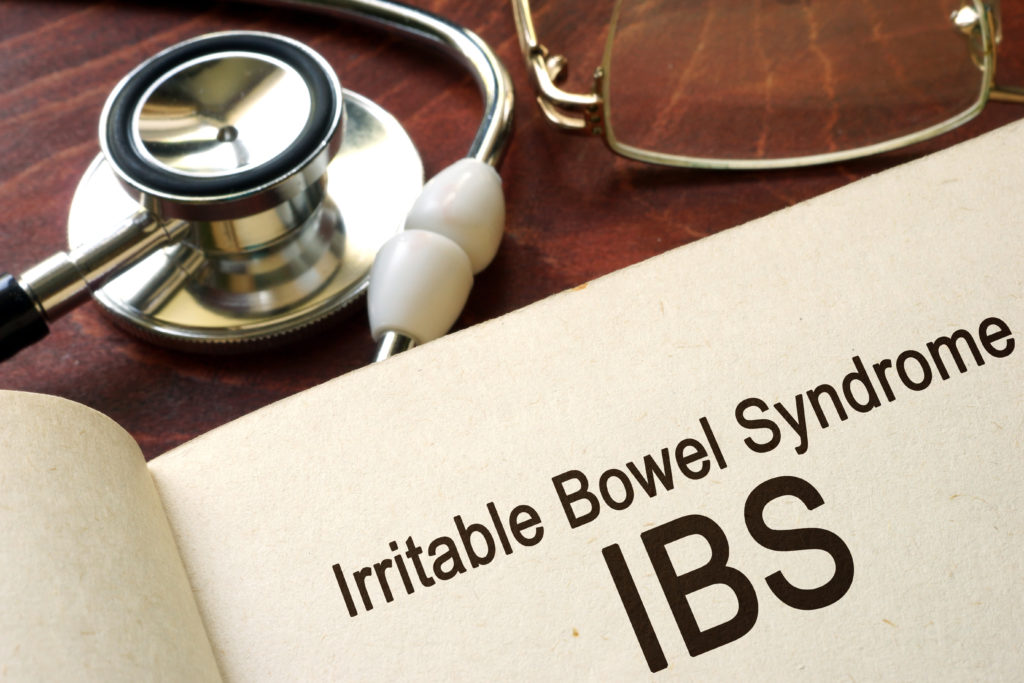
The International Foundation for Functional Gastrointestinal Disorders (IFFGD) estimates that 15% of Americans experience some form of irritable bowel symptom. According to the U.S. National Health Observances calendar, April is IBS Awareness month. By raising awareness throughout the month and beyond, supporters are able to generate conversations about the importance of research and education as well as improved patient care. We aspire to help people who suffer from IBS live more comfortable and active lives through our array of incontinence supplies.
We understand that everyone who lives with IBS needs to be treated by their physician in a manner that works best for them and their health needs. For some this means daily medications, for others, it means cognitive therapy for abdominal pain management. While we can’t provide information that you should only receive from your personal physician, to honor IBS Awareness month, we put together some tips on living with IBS and how you can improve your quality of life.
Stress Management – While different studies say different things when it comes to stress being the root cause of IBS, most physicians agree that feelings of stress can trigger IBS symptoms, such as abdominal pain and diarrhea. It’s our hope that with our array of incontinence supplies, you will naturally feel more confident and more comfortable performing different activities that can help alleviate stress. Exercising once a day for 20 minutes can have a profound impact on lowering the stress levels in your life.
Prioritize Sleep – It’s extremely important for those with IBS to get enough sleep each night. This can be difficult at times as pain caused by IBS can make it challenging to drift off at night. There are many ways to deal with this issue, but one of the most natural is to force your body into a pattern. Sticking to a particular bedtime and prioritizing a relaxing activity such as meditation or reading before bed will make drifting into a peaceful, deeper sleep less of an issue.
Make the Dietary Switches Suggested By Your Doctor – Most people with IBS will have stronger, painful reactions after eating meals that are high in fat. Also, certain foods such as broccoli, Brussels sprouts, and carbonated beverages will elicit reactions. Be sure to talk to your doctor about probiotics and suggestions on dietary switches. Planning out your meals for the week is a great way to get proactive in fighting back against IBS.
During the month of April and beyond, we are committed to helping those with IBS live more comfortably. Be sure to explore our site for the best incontinence supplies and other information that can help you or a loved one in their battle with IBS.
